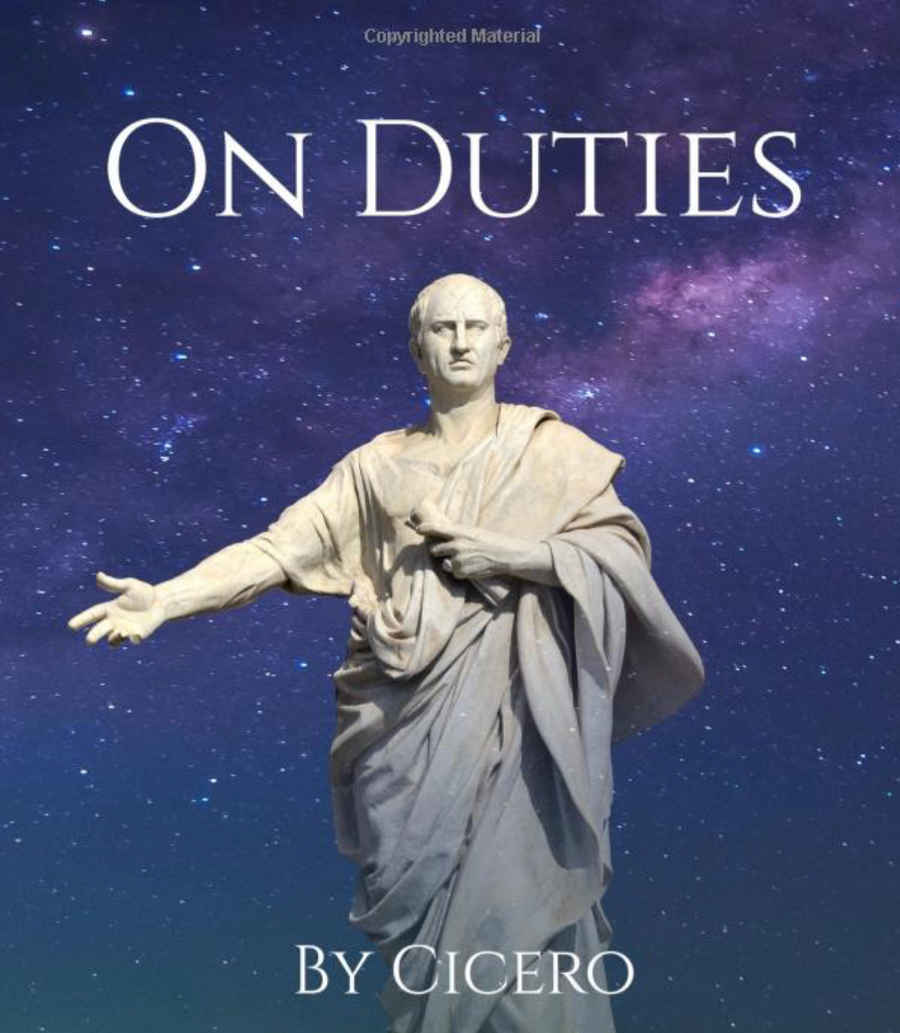While doing some digging in on the latest two offenses against masculinity - namely the Gillette ad and the APA endorsement that preceded it, I ran into the following from a psychologist who's not happy about defining masculine traits as toxic per se:
This dovetailed nicely with a Youtube vid pointed out by a friend of mine, a lecture on Stoicism as the heir of greek philosophy:
The second vid is quite long but completely audio-friendly.
Now, I haven't done as much - very little in fact - raw reading of even translated Aristotle, etc., but would argue that a reality-based philosophy has to have a strong base in stoicism. Skepticism, especially taken to the extremes we see in post modernism and intersectional identity politics denies that objective truth even exists. Hedonism doesn't really care. If anything, reality can be at minimum a buzzkill. So when he dubs it the true heir of Greek philosophy, I think he's right.
But I think there's something to the concept that these are just fragments, even if Stoicism is a more complete one.
Back when I was less wise and thought I was more clever, I used to say "Everything in moderation, even moderation." My point being that opposed to the usual negative stereotype of stoicism as never having fun, etc., there are times to indulge a bit. There are times to question what we are told, or the motives of what people tell us, or we do not know the true nature of the universe and how to best live in it as a virtuous man. Should not a master vintner have an honest man sincerely appreciate his wine? A failing point here is that as I've pointed out in the past, there is not always a median path. Certainly murder in moderation is not morally any better than en masse. So not everything in moderation, given that virtues should be where one decides that moderation is not in order.
Of the three - I would consider myself closest to a stoic. Yes, I question everything, especially my assumptions to mentally "spring clean", but do not dismiss its value, or consider the lack of a concrete answer to mean that there is no answer, meaning, or value. I like pleasures, and if I'm going to have a wine, or bourbon, I want it to be well made and crafted. I want my tools and home and things I use to be reliable, solid, and well made, and I will treat them with respect, and even where appropriate, aesthetic.
But I also value developing reserves to deal with the slings and arrows of life to be important. I prefer learning and developing skills to travel, especially to "see new experiences," and not worth it at all if I cannot roll with life's punches because I drained my savings/etc. dry. I prefer to build my skill, strength, and knowledge, and to craft things for the kind of world I want. I enjoy parties and concerts and food and wine, but do not let them rule me.
In a way, stoicism is well reflected in the ancient saying that the love of money is the root of all evil. Money is just a tool - it is letting it rule you where the sin lies. It applies not only to money but to all the hedonic pleasures and temptations. Yes, enjoy them when apprpriate, but do not be mastered by them. Much like I've said elsewhere that the sin of wrath comes not in anger - that is normal, and even healthy if you have cause to be angered - but in letting the anger rule you.
My worldview goes hand in hand with this blog in a way - a way to examine what I believe as I try to explain it, a way to hopefully pass on some ideas that may be passed on or take root elsewhere.
Incidentally, I also found the book, On Duties by Quintus Curtius an interesting read and translation, and look forward to tackling the rest of his translations and essays.

